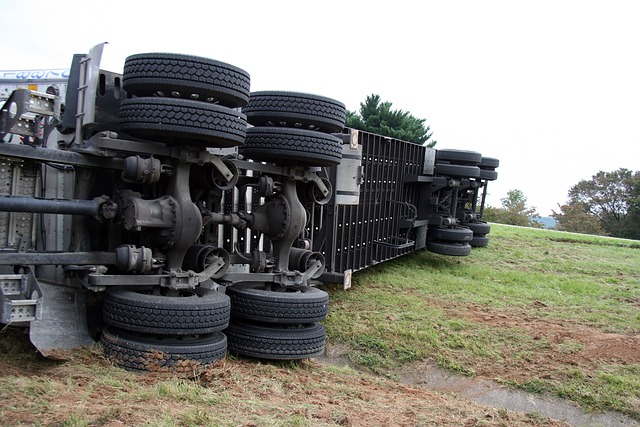Getting into a truck accident is scary. It can leave you with a bunch of questions. What now? Who pays for the damage? How do I get money for my injuries? Knowing about truck accident claims is super important if you find yourself in this tough spot. It’s all about getting the help you need. And that’s where legal guidance for a truck accident comes into play. This article breaks it down into simple steps so you know what to do.
Understanding Truck Accident Claims
A truck accident claim is like telling the truck’s insurance company, “Hey, your truck messed up, and now you gotta help fix things.” It’s a legal way to ask for money because of what happened. But it’s not just about saying what went wrong. You’ve got to show proof, like photos from the crash or doctor’s notes, to back up your story. And remember, truck companies have tough lawyers. That’s why you need a lawyer to make sure you’re not getting a bad deal.
Knowing Who’s Responsible
Figuring out who’s at fault in a truck accident can be tricky. It’s not always just the truck driver who might be responsible. Sometimes, the company owns the truck or even the people who loaded the cargo. Your lawyer will look at all the details to see who should be paying up. This is super important because knowing who’s to blame helps decide how much money you can get. And it’s not just about pointing fingers; it’s about making things right.
Reporting the Accident
Right after the accident, you’ve got to report it. Call the cops so they can write up a report. This report is a big deal because it’s an official record of what happened. Insurance companies look at it closely when deciding about your claim. Also, let your own insurance company know what happened. They must be in the loop, even if it wasn’t your fault.
Getting Medical Help
Even if you feel okay after the accident, see a doctor. Some injuries don’t show up right away. Plus, having a record that you got checked out helps your claim. It’s like proof that you’re not making up for your injuries. The doctor’s notes can say how the accident hurt you and what it’ll take to get better. This helps you figure out how much money you should ask for.
Collecting Evidence
To make a strong claim, you need evidence. This means taking pictures of the crash site, your injuries, and any damage to your stuff. If there are people who saw the accident, get their contact info. They can be witnesses, like having someone back up your story. Keep all your receipts and bills related to the accident, too. They’re part of the evidence that shows how much the accident cost you.
Talking to Lawyers
You might think, “Do I really need a lawyer?” Truck accident claims can get complicated, and having a lawyer can make a big difference. They know the law and can fight for you to get a fair deal. They’re like your personal guide in the legal world. A good lawyer will tell you what they think your chances are and what you should do next. They’re on your side.
Dealing with Insurance Companies
Dealing with insurance companies can be tough. They’re in the business of keeping money, not giving it away. They might try to offer you less than you deserve or say the accident was partly your fault. Your lawyer will handle talking to them for you. They’ll make sure the insurance folks don’t push you around.
Understanding Settlements
Most truck accident claims end with a settlement. That’s when the insurance company agrees to pay you money, and you agree not to take the case to court. It’s a deal that both sides agree on. Your lawyer will help you figure out if a settlement offer is good or if you should keep fighting for more.
After a truck accident, you’ve got a lot to deal with. But knowing about claims can make a big difference. It’s about getting the money you need to fix your car, pay medical bills, and cover any wages you lost because you couldn’t work. With the right legal guidance for a truck accident, you can get through the claim process and focus on getting your life back on track. Remember, it’s not just about the crash; it’s about your recovery and ensuring you’re treated fairly at every step.







